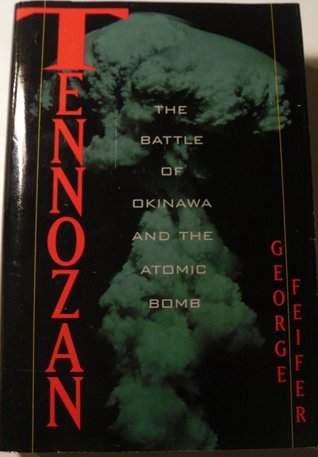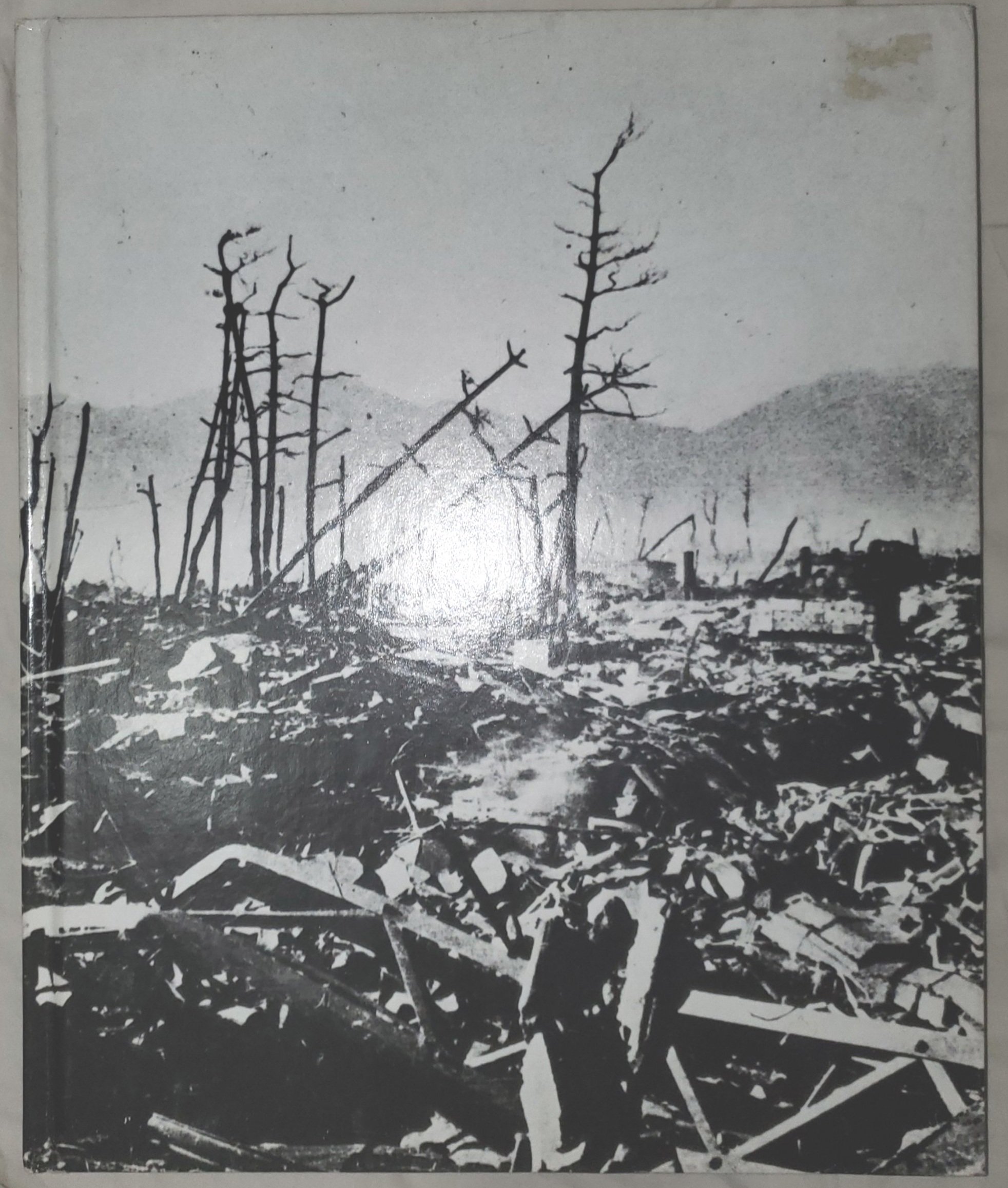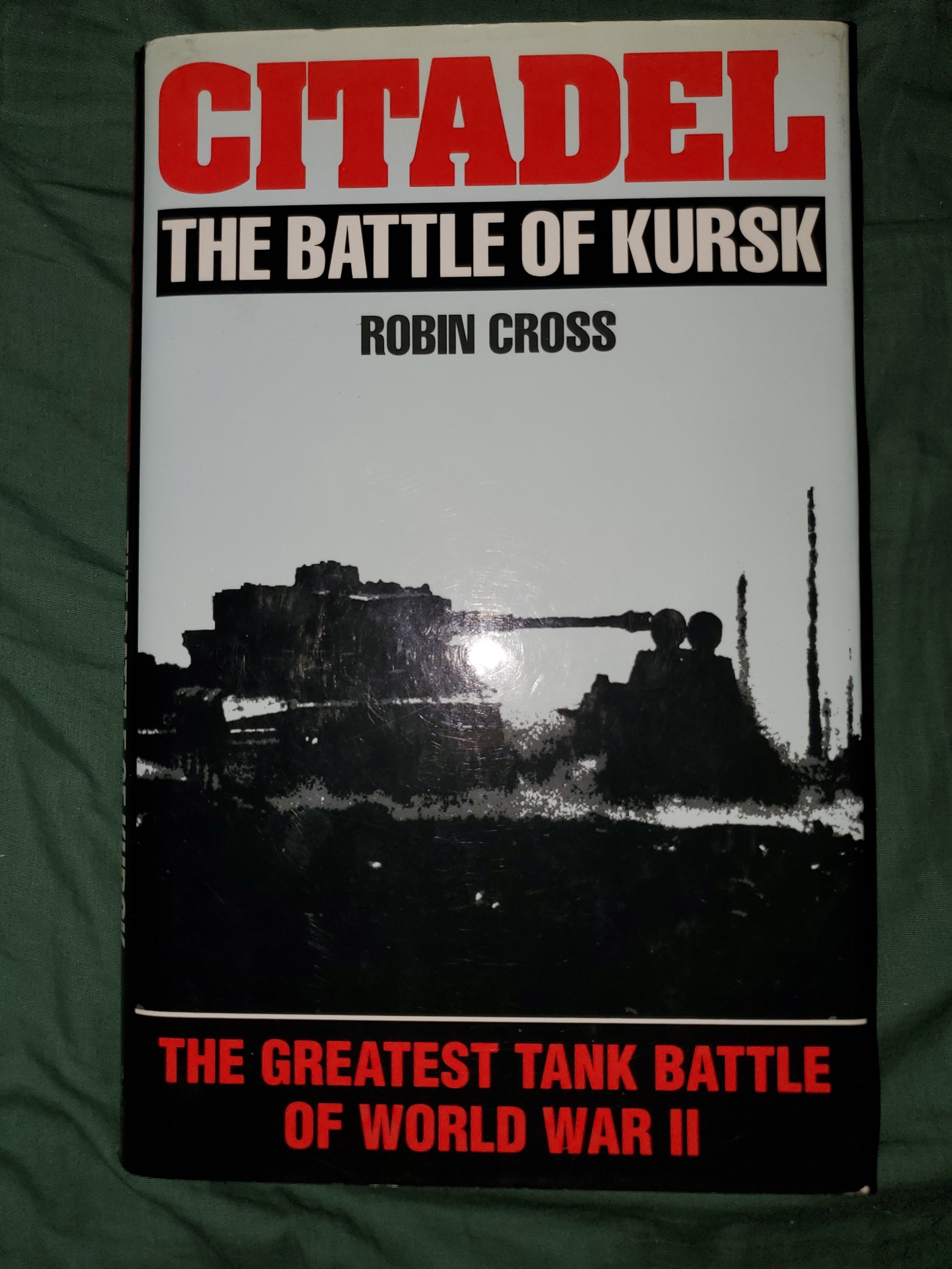 Image 1 of 1
Image 1 of 1


Tennozan | The Battle of Okinawa and the Atomic Bomb
Author - George Feifer
Year published - 1992
Published by - Ticknor & Fields
Book Format - Hard Cover
Genre - World War 2 - Pacific
Summary
Tennozan offers a stunning account of the battle of Okinawa, the last major campaign of World War II and the largest land-sea-air engagement in history. In examining the disastrous collision of three disparate cultures--American, Japanese, and Okinawan--the book provides an unforgettable picture of men at war and also the context for understanding one of the most ominous events of this century: the decision to drop the atom bomb.Drawing on more than ten years of research and interviews, George Feifer recreates the drama and horror of the last engagement before the invasion of the Japanese homeland. In three appalling months during which the Japanese lost the fight but refused to surrender, the death toll mounted to 23,000 Amercans, 91,000 Japanese, and 150,000 Okinawan civilians--more than the losses of Hiroshima and Nagasaki combined. The book makes vividly real those tenets of Japanese culture--its emphasis on honor and its horror of losing face--which allowed this campaign to become a great human tragedy.In its magisterial narrative of the conflict, Tennozan weaves together the personal experiences of both soldiers and civilians, from the highest-ranking officers on down. Specifically, it follows the lives of three men: Dick Whitaker, a U.S. Marine with the 6th Marine Division; Captain Tadashi Kojo, a twenty-three-year-old battalion commander in Japan's crack 22nd Regiment; and Masahide Ota, a student at Okinawa's prestigious Normal School, now governor of the prefecture of Okinawa. But in going beyond military history to recount the fate of the astounding number of Okinawan civilians caught in the maelstrom of the war, Tennozan calls to public attention a little heralded but devastating disaster.Tennozan is a major work of historical narrative that brings us as close to the actual experience of war as the printed page can achieve. It also highlights aspects of Japanese culture that remain of deep historical and contemporary importance. And in recreating the context in which the decision to use the atom bomb was made, it provides invaluable background for assessing one of the most fateful events of the twentieth century.
Notes - Wear and tear on dust jacket
Author - George Feifer
Year published - 1992
Published by - Ticknor & Fields
Book Format - Hard Cover
Genre - World War 2 - Pacific
Summary
Tennozan offers a stunning account of the battle of Okinawa, the last major campaign of World War II and the largest land-sea-air engagement in history. In examining the disastrous collision of three disparate cultures--American, Japanese, and Okinawan--the book provides an unforgettable picture of men at war and also the context for understanding one of the most ominous events of this century: the decision to drop the atom bomb.Drawing on more than ten years of research and interviews, George Feifer recreates the drama and horror of the last engagement before the invasion of the Japanese homeland. In three appalling months during which the Japanese lost the fight but refused to surrender, the death toll mounted to 23,000 Amercans, 91,000 Japanese, and 150,000 Okinawan civilians--more than the losses of Hiroshima and Nagasaki combined. The book makes vividly real those tenets of Japanese culture--its emphasis on honor and its horror of losing face--which allowed this campaign to become a great human tragedy.In its magisterial narrative of the conflict, Tennozan weaves together the personal experiences of both soldiers and civilians, from the highest-ranking officers on down. Specifically, it follows the lives of three men: Dick Whitaker, a U.S. Marine with the 6th Marine Division; Captain Tadashi Kojo, a twenty-three-year-old battalion commander in Japan's crack 22nd Regiment; and Masahide Ota, a student at Okinawa's prestigious Normal School, now governor of the prefecture of Okinawa. But in going beyond military history to recount the fate of the astounding number of Okinawan civilians caught in the maelstrom of the war, Tennozan calls to public attention a little heralded but devastating disaster.Tennozan is a major work of historical narrative that brings us as close to the actual experience of war as the printed page can achieve. It also highlights aspects of Japanese culture that remain of deep historical and contemporary importance. And in recreating the context in which the decision to use the atom bomb was made, it provides invaluable background for assessing one of the most fateful events of the twentieth century.
Notes - Wear and tear on dust jacket





